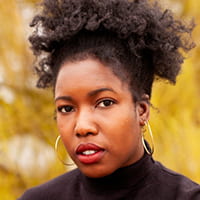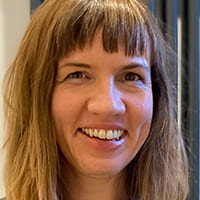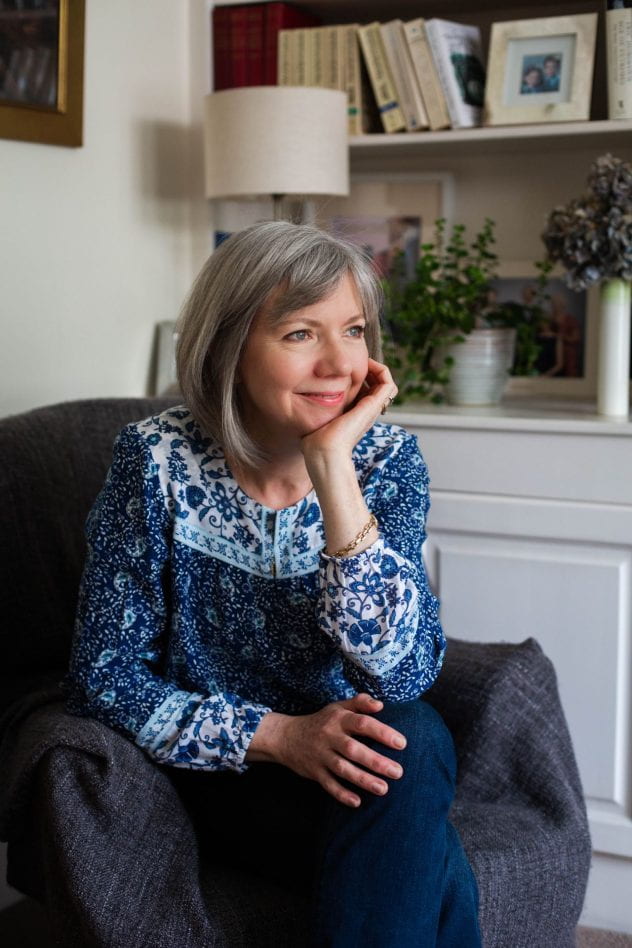Like many multi-linguals, I have varied personality shifts. I am professional in English, friendly in Portuguese, but reserved in Russian.
I was born in St. Petersburg and spoke Russian for the first fourteen years of my life. Then my family moved to Porto in Portugal where I went to an international school. All my classes were in English, but at breaktime everyone spoke Portuguese. It forced me to improve my English and become fluent in Portuguese, in just nine months.
An epiphany
I’m twenty-five now and was recently confronted with the fact that I behave differently depending on which language I’m speaking. After a work call with a Russian tech client, a colleague remarked that I hadn’t been myself. I was more serious, less confident and made fewer jokes.
Chatting about it later with bilingual friends, I understood I’m not alone. My Brazilian friend Sarah – who I met at international school – for example, is ambitious in English, a bit anxious in Portuguese, flirty in French, and funny in German!
When in Rome
While learning a new language we tend to get acquainted with a new culture – and change the way we portray ourselves to fit in. Dr Francois Grosjean , author of Bilingual: Life and Reality, says that this is most common among those who are integrated into the culture of the language they’re adopting.
Portuguese culture, for example, is friendly, open and kind. Now, whenever I’m speaking it, I become all three. It works like a switch and comes very naturally to me. When I was first learning Portuguese, my school friends regularly said ‘Com prazer’ (With pleasure) and ‘Está tudo bem?’ (Is everything good?), which made me feel welcome as the new girl in school. These kind phrases are now part of my vocabulary too.
Light switch
Last summer I got talking to an entrepreneur at a tech networking event. I was being professional until I realised she was Portuguese. As soon as we switched to Marta’s mother tongue it felt as if we knew each other, and we laughed.
Not many people speak to their boss like they do to their best friends. Therefore, when bilinguals develop their language for a specific purpose – for work, for example – they tend to sound formal and professional, even in informal situations.
Serious struggle
This theory by Dr Nathan Young explains why I always feel younger when speaking Russian, which I mostly do when around my family. I also struggle to explain to them what I do for a living, because I lack the vocabulary. ‘When are you going to start doing something ‘serious?’ they always ask.
The cause of my personality shifts is probably a combination of both Grosjean’s and Young’s theories. Either way, my daily personality shifts are a blessing and a bit of a ‘curse’. They make me more flexible at work and in my social life. But they also make it difficult to know which traits are truest to me. I’m looking forward to finding out for sure.
Viktoriia Tkachenko is a freelance startup consultant. She is also an alumna of City’s Writing for Business course, taught by Maggie Richards and Tamsin Mackay. As part of the course, students are invited to pitch a blog post idea which, if successful, will be edited and published on our site.

Viktoriia today in London

Viktoriia, 18, with family at her graduation from international school, Porto.

Viktoriia, aged six, St Petersburg.
For more on our writing courses, visit our full range HERE. For all our short courses visit HERE.


 nals, if you’re ready to take your novel writing to the next level, this course is for you.
nals, if you’re ready to take your novel writing to the next level, this course is for you.















 Lara Haworth’s debut novel Monumenta is due out with Canongate in July.
Lara Haworth’s debut novel Monumenta is due out with Canongate in July. 










Recent Comments